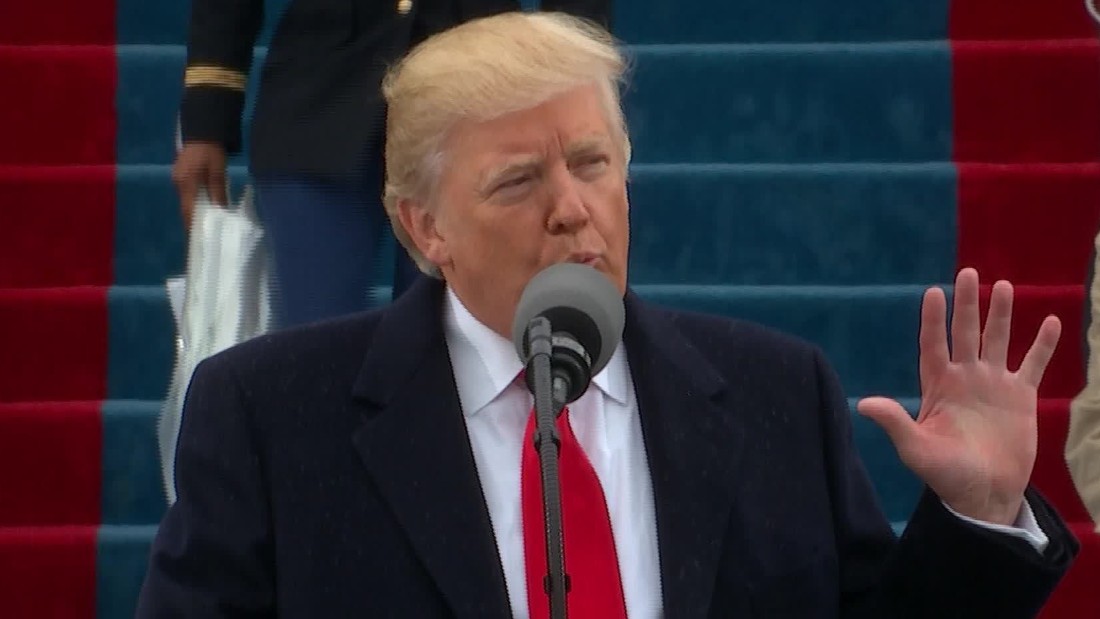Top US diplomatic and military advisors to visit Pakistan
 WASHINGTON : US President Donald Trump will dispatch his top diplomatic and military advisors to Pakistan in the coming weeks, turning up the heat on a nuclear-armed ally accused of harbouring terror groups. Weeks after Trump angrily accused Islamabad of providing safe haven to “agents of chaos,” secretary of state Rex Tillerson plans to depart for Pakistan late this month.
WASHINGTON : US President Donald Trump will dispatch his top diplomatic and military advisors to Pakistan in the coming weeks, turning up the heat on a nuclear-armed ally accused of harbouring terror groups. Weeks after Trump angrily accused Islamabad of providing safe haven to “agents of chaos,” secretary of state Rex Tillerson plans to depart for Pakistan late this month.
He will be followed by secretary of defence Jim Mattis, according to people familiar with the matter in the US and Pakistani. The one-two punch is designed to drill home Trump’s message that Pakistani state support for jihadist groups has to end, according to officials briefed on the visits.
Washington has long been frustrated by Pakistan’s willingness to offer cross-border safe havens to Taliban factions and armed jihadist groups fighting US troops and their Afghan allies.The relationship reached the breaking point in 2011, when President Barack Obama sent commandos into Pakistan in 2011 to kill Al-Qaeda leader Osama bin Laden, who was living in a military garrison town.
With little change since then, Trump came to office indicating that Washington’s frustration had reached the point where something had to give. “We have been paying Pakistan billions and billions of dollars at the same time they are housing the very terrorists that we are fighting,” he said in an August address.
But in the six weeks since Trump signalled that tougher tone, there have been precious few signs that the calculus in South Asia has changed. Mattis told Congress this week that he will try “one more time” to “see if we can make this work.”“To this point, we have not seen any impact on military-to-military relations,” said one Pentagon official, suggesting any change would not happen after Mattis’s visit.
Visiting Washington, Pakistan’s foreign minister Khawaja Asif appeared unwavering. He lashed out at “hollow allegations” about Pakistan harbouring terrorists as “not acceptable.” “That is not the way you talk to 70-year-old friends,” Asif said bitterly.“Instead of accusations and threats we should cooperate with each other for the peace in the region,” he added in confirming Tillerson’s visit.
Pakistani officials also complain of receiving mixed messages from the Trump administration, which is still struggling to find its feet under a mercurial commander-in-chief. A September meeting in New York between vice president Mike Pence and Prime Minister Shahid Khaqan Abbasi was said to be cordial, despite Trump’s fire and brimstone rhetoric.
“It’s basically saying that we’re going to cut back the money the US taxpayer is giving to Pakistan,” she said. “That’s not punishment. Pakistan is not entitled to our money. What they are really talking about is giving Pakistan less of an allowance.”
The US-Pakistan relationship is in “serious trouble” and the mistrust between the two countries runs deep, an expert on the bilateral ties at a top American think-tank has said, a day after Pakistan’s Foreign Minister Khawaja Asif concluded his three-day visit to Washington.
Moeed Yusuf, a senior expert on Pakistan at the United States Institute of Peace, a top American think-tank funded by the US Congress said that the default position in Islamabad and Washington was very sceptical of other’s intentions. “The sense that I have is that this relationship is in serious trouble,” Mr Yusuf told news agency pti.
His remarks came a day after Pakistan’s Foreign Minister Khawaja Asif concluded his three-day official visit to Washington during which he met Secretary of State Rex Tillerson and National Security Advisor HR McMaster. “The foreign minister himself said something to that effect,” Mr Yusuf said, pointing to the remarks made by Mr Asif at an event after his meetings with Mr Tillerson and Mr McMaster.
“Right now, I do not think that that is the case,” he said, adding that both the US and Pakistan recognise that the rupture is going to be costly and would hurt them in Afghanistan. “I do think that this is the first time that there is a possibility that the relationship could come to a standstill despite neither side seeing this as the preferred option,” Mr Yusuf said. Observing that there is a very serious divergence of interest when it comes to Afghanistan, Mr Yusuf said Pakistan sees “a very curtailed” Indian influence in the war-torn country.
“The US view of stability in Afghanistan is one that sees a much larger influence for India by default, because of the Kabul’s preference, but also a role for itself ensuring that there are no continued threats coming out of Afghanistan for the US,” he said, explaining the sharp difference emerging between the two countries on the role of regional players in Afghanistan.
Noting that the US’ message to Islamabad consistently has been the need to do more on terror sanctuaries in Pakistan. “I think there’s a clear message delivered again that that needs to be dealt with but not in terms of promises but in terms of actions,” he said.

